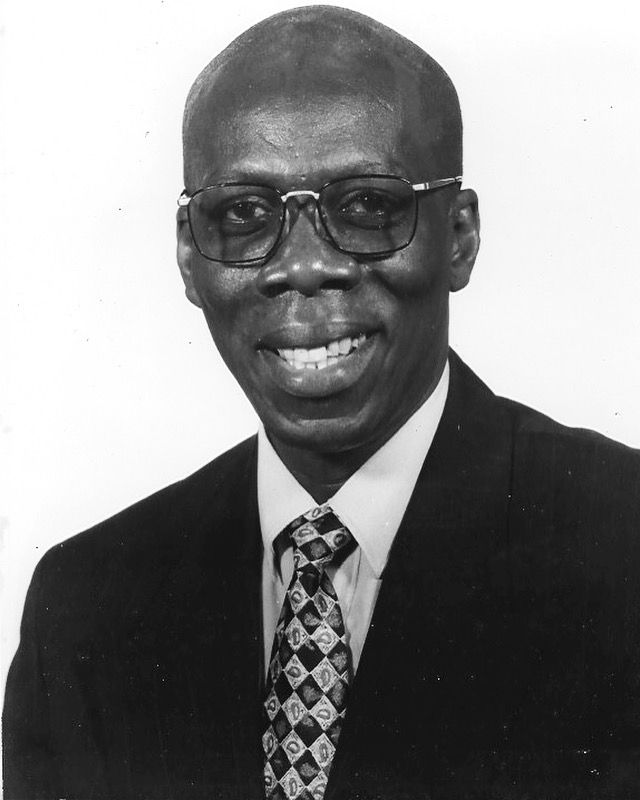The Cost of Our Lackadaisical Approach to Life
- dzifajob
- May 19, 2024
- 3 min read

A judge ruled on May 16th that the rights of a mother who lost her daughter to domestic violence, forcing her to become the sole caretaker for her grandson were infringed upon by the actions of the police and the judiciary. Media coverage of the ruling outlined numerous attempts by the deceased to secure a restraining order and thus protection from the state. Instead she was met with police officers who didn’t take her complaints seriously; and in one instance a judge who thought she was filing for protection, in order to get maintenance for her son.

In sharing one of the articles on the social media platform X, I wrote, “It should have never had to come to this; but we exist in a culture of mediocrity where we never stop to consider the impact of our actions or inaction others, until it happens to us. Then we say the system failed, but are we not all a part of the system too.”
The Domestic Violence Act is twenty five years old. How many of our laws are outdated and no longer serving the purpose for which they were intended? Culturally it appears that we take nothing seriously. We address no issue until it has reached crisis proportions and even then, we find a way to minimise it. Why does change feel so slow?
Sometimes I think the root of our lackadaisicalness lies in slavery. The enslaved couldn’t walk off the job, so working slowly was probably the only resistance they could show that didn’t result in certain death. They might get a beating, but they would have likely assessed that constantly replacing them wasn’t ideal for plantation owners either. Beyond the 1970 riots, there are very few examples of active resistance in our history. We did not fight for Independence, the British granted it to us, and left us with many rules and customs that we have never actively questioned.

The knock on effects of this are felt daily and not only in the lives of those cut short by domestic violence. Grieving families have to wait on average 5-6 years for their probate matters to be addressed. This delay affects the distribution of assets–to inherit property, money or investments that in some instances can be used to mitigate both debt and death.
I know firsthand that banks don't freeze their deductions from accounts. Not even the state assisted mortgage bank whose website states a clear promise to be a partner in “building a secure and prosperous future,” will freeze the interest payments on arrears - even in the unfortunate event that there is no life insurance attached to a mortgage, and the surviving borrower is having difficulty paying.
That promise and others like it, must ring hollow to everyone who feels victimised by a system that seems designed to benefit some and fail others. Too often our social service apparatus only kicks in to support those in most need after their destitution has become front page news.
We are an unequal society. Most societies are, but all systems are comprised of individual people. They function as well as the people in them want them to function. I learnt in the United States that as a driver you can get charged for creating unsafe driving conditions by driving too slowly or driving in the wrong lane. Here we just charge people for speeding.
Leaders and decision makers don’t make the connection between white collar crime and bloodshed in our streets; or a family property dispute that turns deadly due to a lengthy probate process, and rules that only serve the financial institutions, not the people who depend on them.
Next time you think of not doing your job or doing it poorly, imagine if you were the person on the receiving end of said treatment without a link, an ally or advocate.
Our society looks the way it looks because too few of us stop to consider the impact of our actions, and the policies we help shape on other people. To move this nation forward, we need more people who consider the impact of their individual actions, because all societies, all customs are the sum of individual ones.
Written in memory of my dad, Dr. Morgan Job who passed on May 6th 2018, and was sent off on May 18th. RIP Dad.







Comments